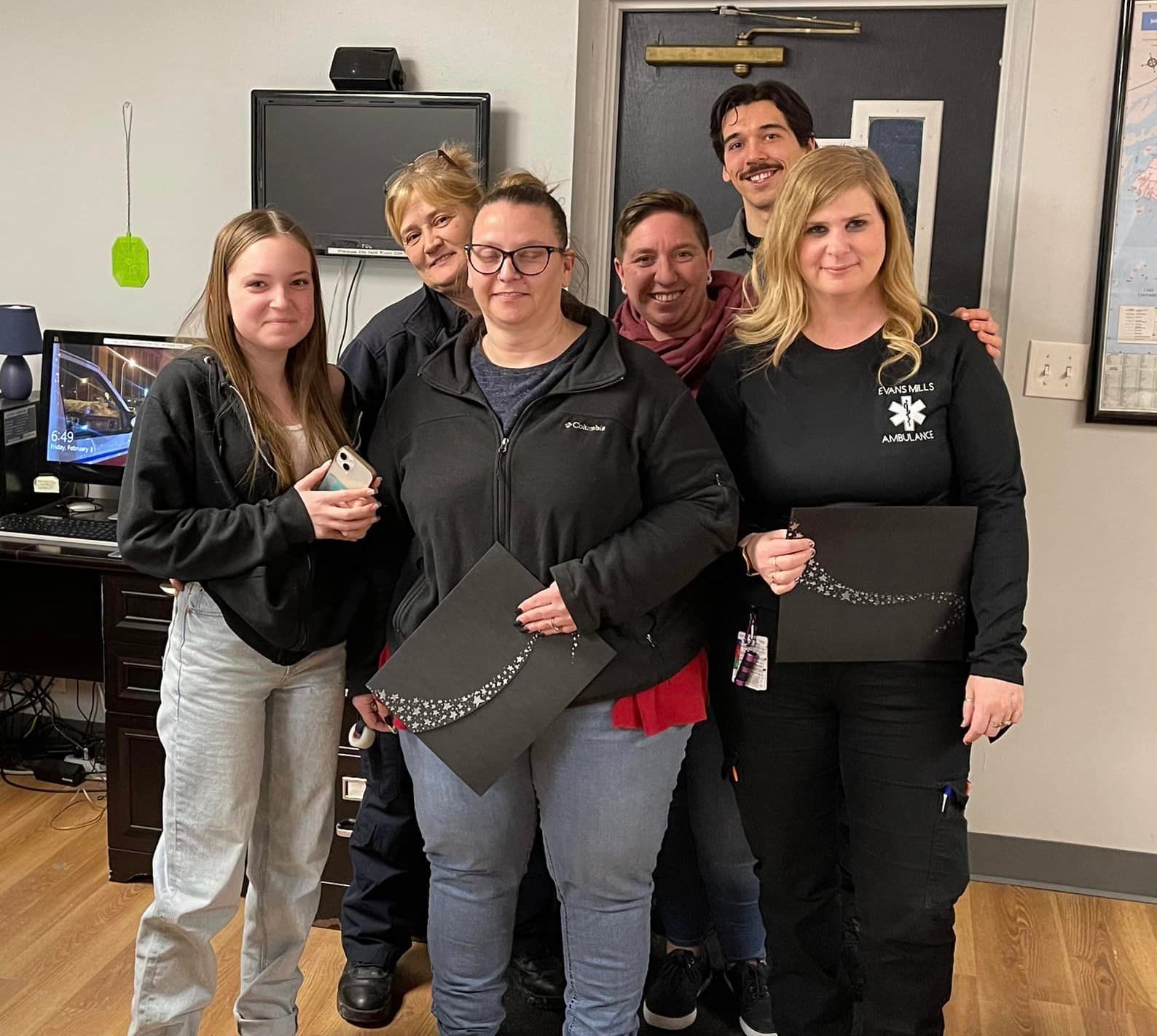COHS grad honored for rescue efforts in upstate New York’s notorious 2022-23 winter
Since graduating in May of 2022 with his master’s in athletic training from Boise State, Owen Mainord has thrown himself into his career in unusual — some might say, extreme — ways.
He took a job with the Army. He is not military.
He intended to stay in Idaho. He is near the Canadian border, in New York.
He has a demanding day job with the Army. But it’s his exploits in his off hours that have made him a hometown hero less than a year after he left the Gem State.
On Jan. 20, as yet another of the East Coast’s vicious series of winter storms began to descend, he’d just started his volunteer shift with the Evans Mills Volunteer Ambulance Squad; Evans Mills is the community north of Fort Drum in New York, where he works with the Army.

He and a paramedic were dispatched to a residence in response to a report of a stroke. Given the rural nature of the area and of the call, such a situation ordinarily would have called for air transport for a patient. But heavy snow precluded that — and Mainord and his partner were in the back-up rig, with back-up equipment.
They arrived to find an unconscious older woman, and for the next half-hour or so, as the main team finished out its earlier call and made its way to their location, Mainord ventilated, using a bag valve mask attached to an oxygen tank, while his partner did chest compressions.
The main crew arrived and was able to establish the woman’s pulse. She then was transported to a hospital in Watertown.
The chances, as Mainord points out, were stacked against the team; he’d been an EMT — a volunteer EMT, that is, without much direct patient care — for six months.
“That’s the most hands-on I’ve been,” he said.
Both crews subsequently were recognized by the ambulance service. And Mainord came away with more: insight into himself and his future.
Staffing levels can be frighteningly low at times, particularly in inclement weather, in rural settings, at certain times of the day and night, and people’s lives can hang in the balance.
He has the steady nerve it takes to deliver under pressure.
“You don’t know until you know (what you can do),” he said. “That was not that difficult for me at all. I think it’s work that needs to be done and that a lot of people don’t want to do or think they can’t do. That cemented my sense that I am emotionally comfortable with it.”Owen Mainord
And a final, chilly, insight:
“It seems like every time I’m on shift it snows again,” Mainord said. “And driving an ambulance on snowy roads gets your blood pressure up.”
Support Student Excellence
The College of Health Sciences at Boise State University is dedicated to providing programs of educational excellence for professionals who advance life-long health in global communities.
Support Health Sciences Students at Boise State